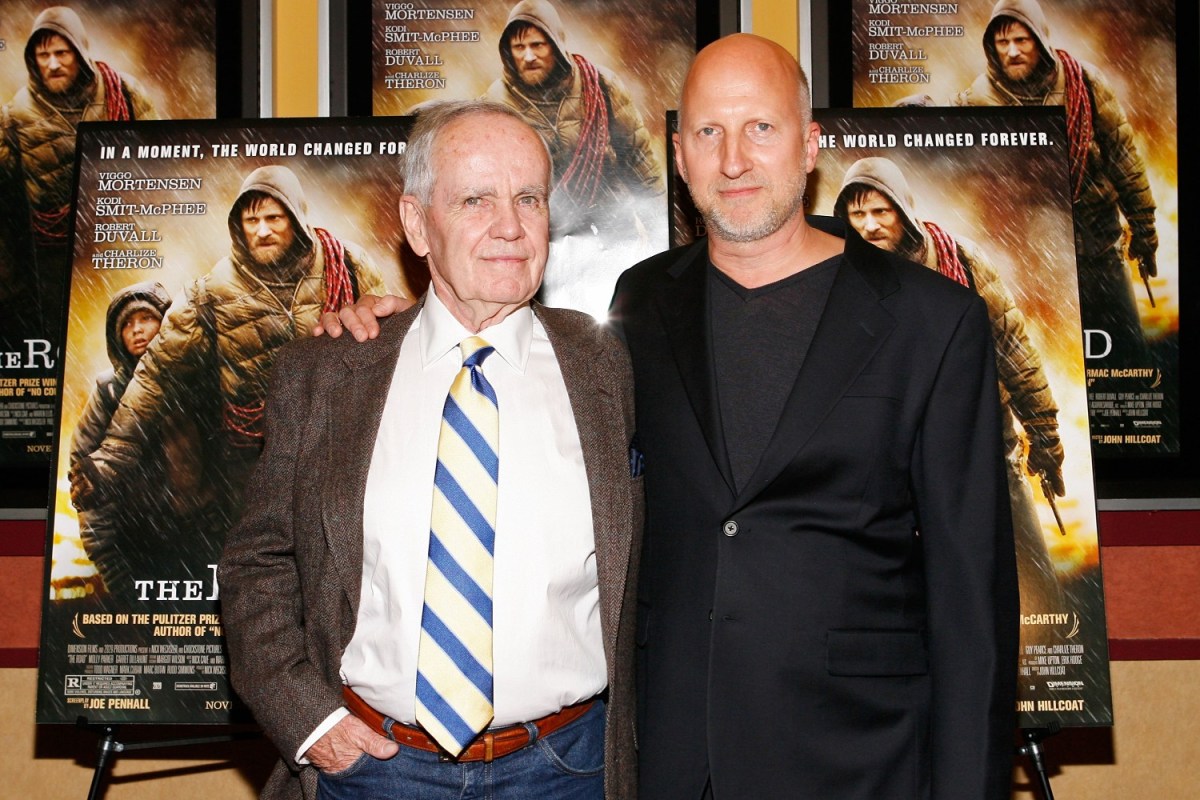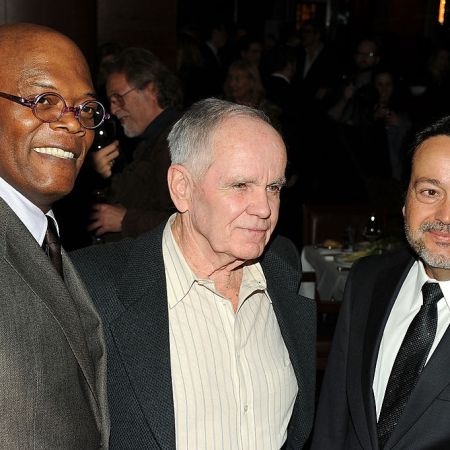There was a strange phenomenon that would take place every couple of years on the literary reaches of Twitter, and while it was never regular enough to set your watch to it, it was strange and compelling all the same. Very simply, the phenomenon was that someone purporting to be writer Cormac McCarthy would appear on Twitter. It was never actually Cormac McCarthy, though the last person to attempt this hoax was convincing enough to get the account verified, albeit for a time. McCarthy’s death at the age of 89 feels like the end of an era in a lot of ways. More precisely, it feels like the end of several eras — and yes, one of them relates to the periodic fake McCarthys on social media.
As befits a writer whose work won both the Pulitzer Prize and the National Book Award — in addition to a host of other laurels — let’s start with the work. His first four novels occupied a hallucinatory and visceral space, one where a tactile sense of place coexists uneasily with an understanding of the worst possible ways humans can treat one another. His later work, beginning with the Border Trilogy — published between 1992 and 1998 — grapples with Western landscapes both archetypal and actual, and offer readers a few different permutations on social and familial relationships, for good and for ill.
In the middle of the two groups, you have 1985’s Blood Meridian, a novel that essentially reinvents the Western as a waking nightmare of mass murder and unsettling complicity. Blood Meridian is, for my money, one of the best American novels ever written, full stop, and in the character of Judge Holden — please refer to the earlier comment on the subject of waking nightmares — McCarthy created an embodiment of a nation’s worst impulses.
What remains extraordinary about McCarthy’s literary career is its distinctive structure. His first four novels were published between 1965 and 1979. Blood Meridian was his sole book published in the 1980s, with a 1985 publication date; following the Border Trilogy, No Country for Old Men was published in 2005 and The Road the following year. The linked narratives of The Passenger and Stella Maris followed last year. McCarthy also won a McArthur “Genius Grant” in 1981. But the idea of a writer having a sudden rise in profile, from cult writer to household name, decades after the release of their first book, is almost unheard of.
The New Western Canon: 15 Modern Western Books That Revived America’s Quintessential Genre
From Cormac McCarthy to Louise Erdrich, these latter-day frontier tales wrestle with a storied but fraught traditionThat “household name” factor points to the other way in which McCarthy’s death feels like the end of an era. In a time when both obscure and famous writers generally have some sort of social media presence, McCarthy’s disavowal of such things made him stand out. It’s worth mentioning, though, that McCarthy never embraced a full-on recluse’s life, in the style of Thomas Pynchon; instead, you just got the sense that there were things he’d rather be doing.
And in the end, evidently, he did; the breadth of his bibliography speaks to that —12 novels, a host of plays, screenplays, short stories and nonfiction. Even when it was set in the present day, McCarthy’s fiction always seemed set in its own time and place; now comes the question of how it will age now that its author has departed.
Thanks for reading InsideHook. Sign up for our daily newsletter and be in the know.


















